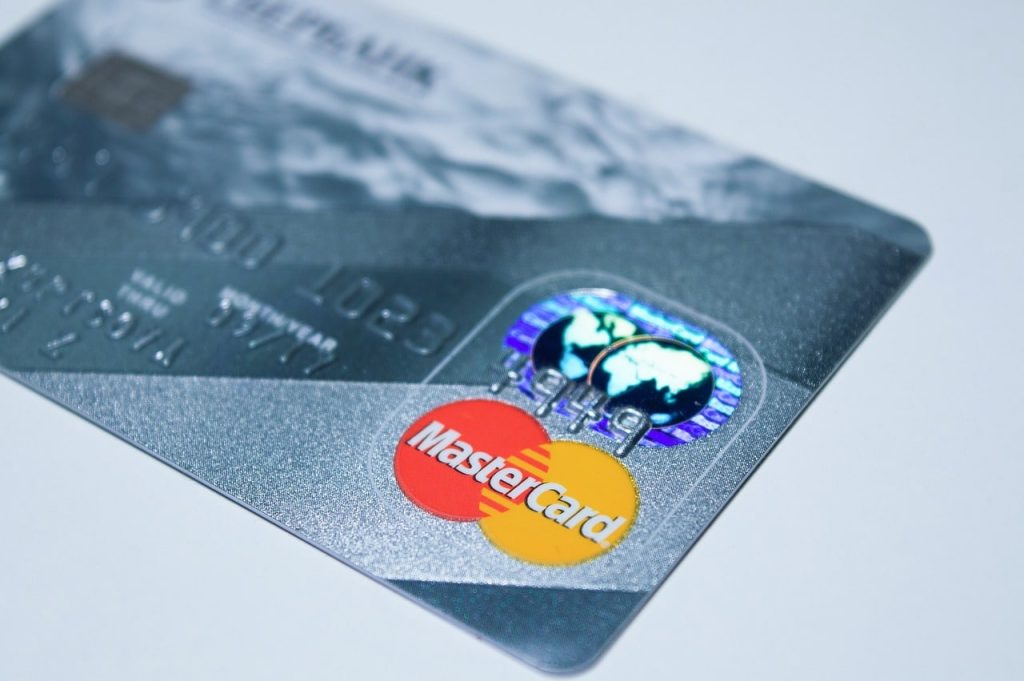Mastercard has introduced a new service called “Crypto Credential” that aims to simplify peer-to-peer crypto transfers for users. This service allows users of select crypto exchanges to send and receive digital assets using a Mastercard Crypto Credential Alias instead of complicated blockchain addresses. The use of aliases not only makes transactions more user-friendly but also enhances security and transparency in sending blockchain transactions. This new service has now gone live with its first peer-to-peer transactions, and more European countries will be added in the future.
The process of using Mastercard’s Crypto Credential service involves first verifying users through Mastercard’s standards, after which they receive an alias from the company. When users send crypto, the program verifies the validity of their alias and ensures that the recipient’s address supports the associated token and blockchain of the transaction. This validation process prevents transactions from proceeding if the recipient’s address does not support the sender’s asset or network, thus protecting against potential loss of funds due to user errors. Aliases also serve as a defense against address poisoning scams, where attackers deceive wallet users into sending coins to a fraudulent address.
The Crypto Credential service is currently available at select exchanges, including Bit2Me, Lirium, and Mercado Bitcoin. It will soon be expanded to countries such as Brazil, Chile, France, Guatemala, Mexico, Panama, Paraguay, Peru, Portugal, Spain, Switzerland, and Uruguay. More European countries will also be added in the future, according to a company spokesperson. Mastercard envisions a wide range of use cases for its Crypto Credential service beyond peer-to-peer transactions, including support for NFTs, ticketing, and other payment solutions based on market and compliance requirements.
In addition to the Crypto Credential service, Mastercard has been actively exploring the integration of blockchain technology in various financial processes. The company recently joined a consortium of major banks to test distributed ledger technology for settling digital asset transfers between firms. This initiative aims to streamline the process of settling assets such as commercial bank money, US treasuries, central bank money, and investment-grade debt, which are typically traded using separate systems. By embracing blockchain technology, Mastercard is positioning itself as a key player in the evolving landscape of digital asset transfers and financial services.
The integration of Mastercard’s Crypto Credential service with crypto exchanges like Lirium and support from wallet providers like Foxbit demonstrates the company’s commitment to enhancing the user experience and compliance in blockchain transactions. The service not only simplifies the process of sending and receiving digital assets but also ensures a higher level of compliance and traceability in all blockchain transactions. As Mastercard continues to expand its presence in the crypto space, it is poised to drive innovation and efficiency in the realm of digital asset transfers and payments.













